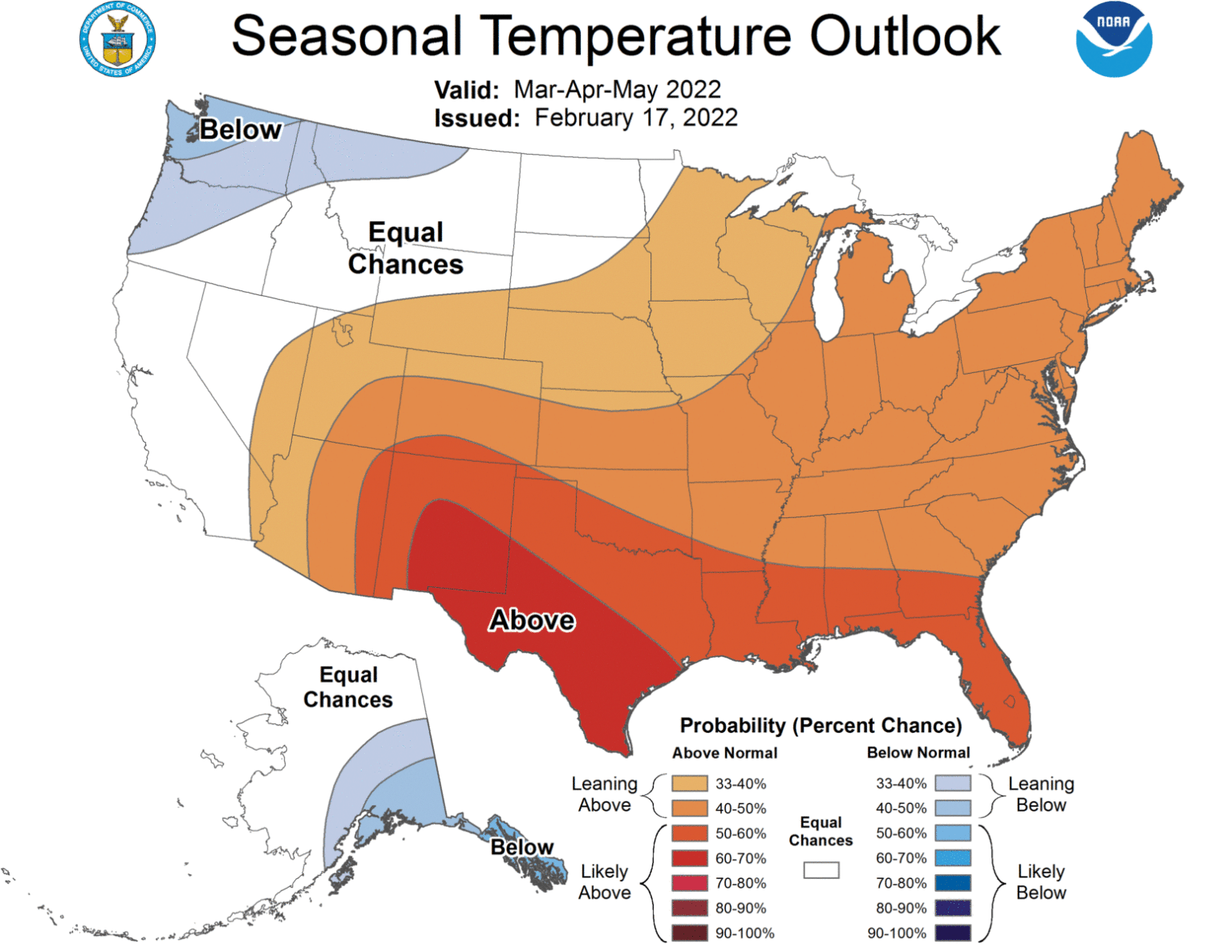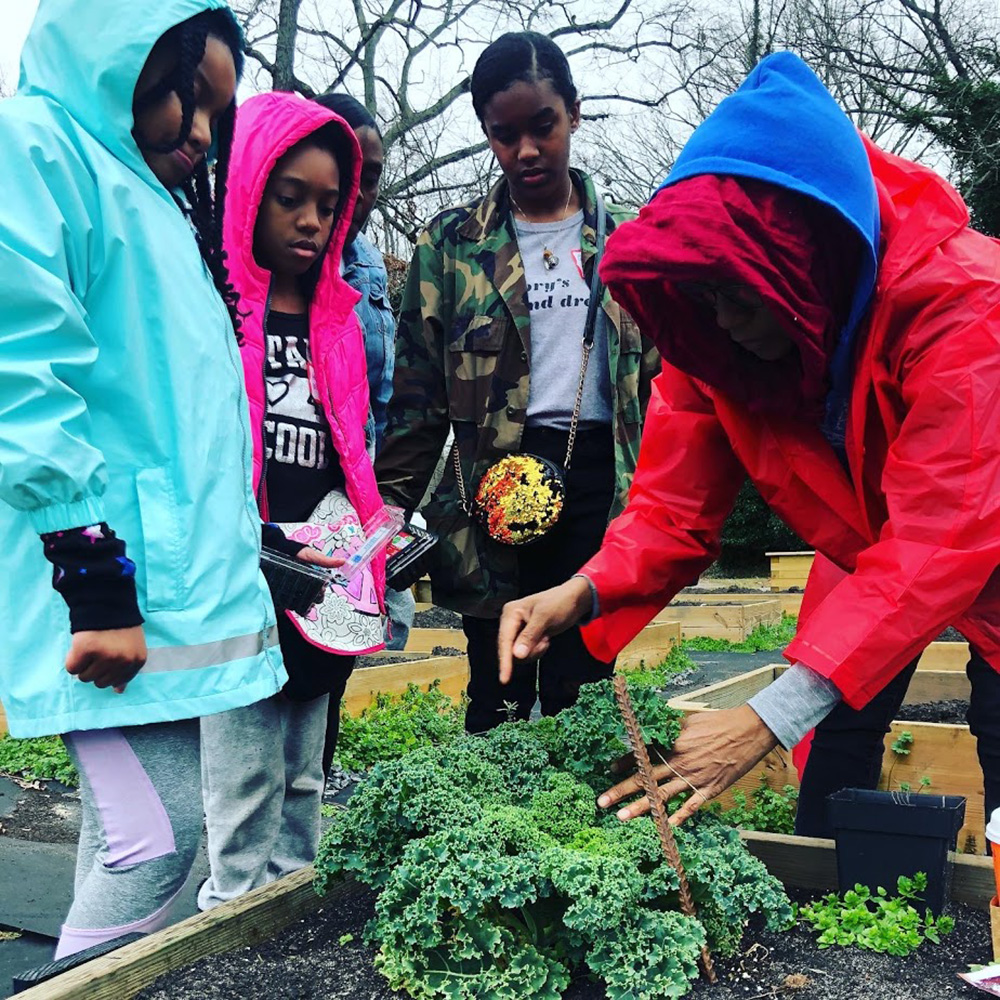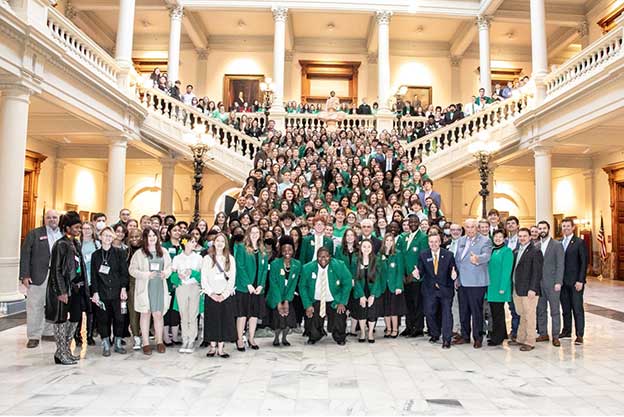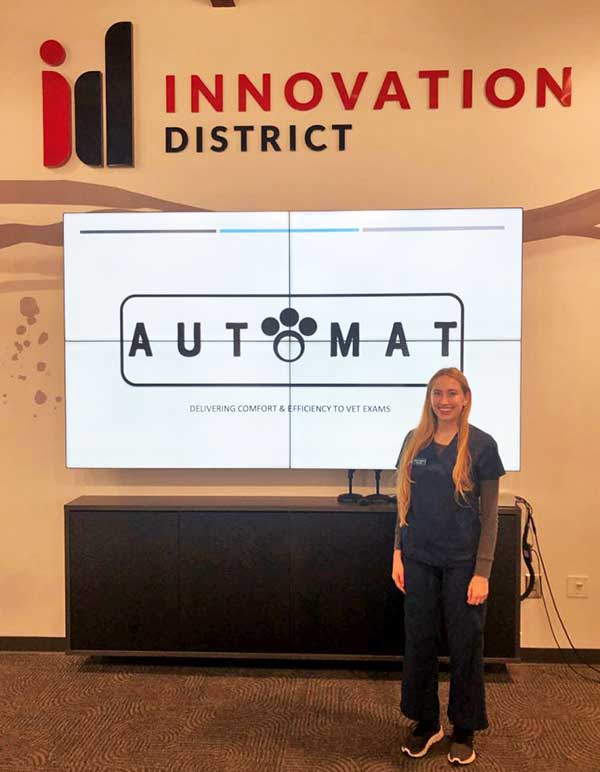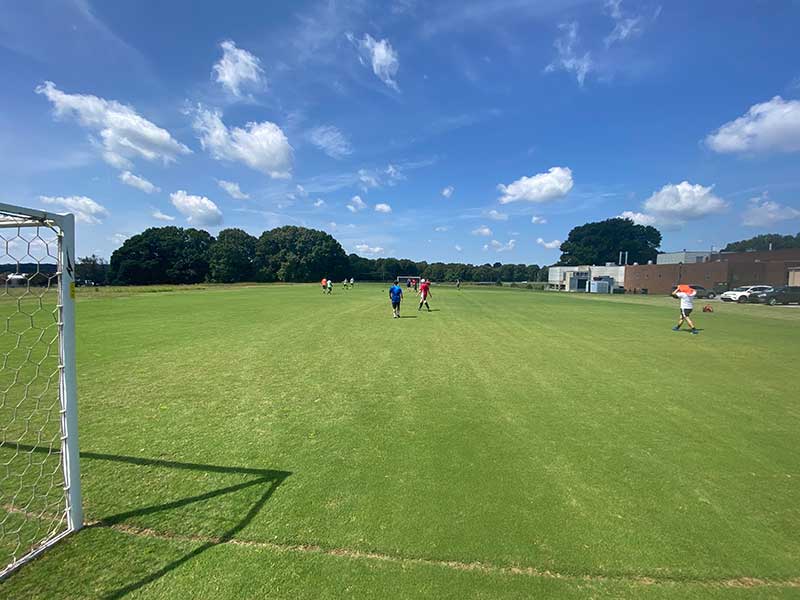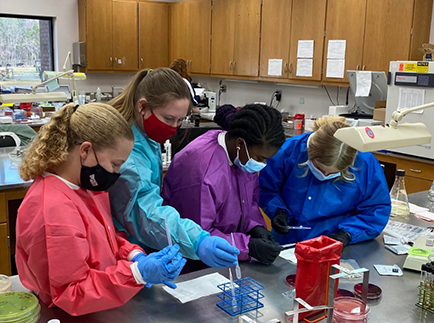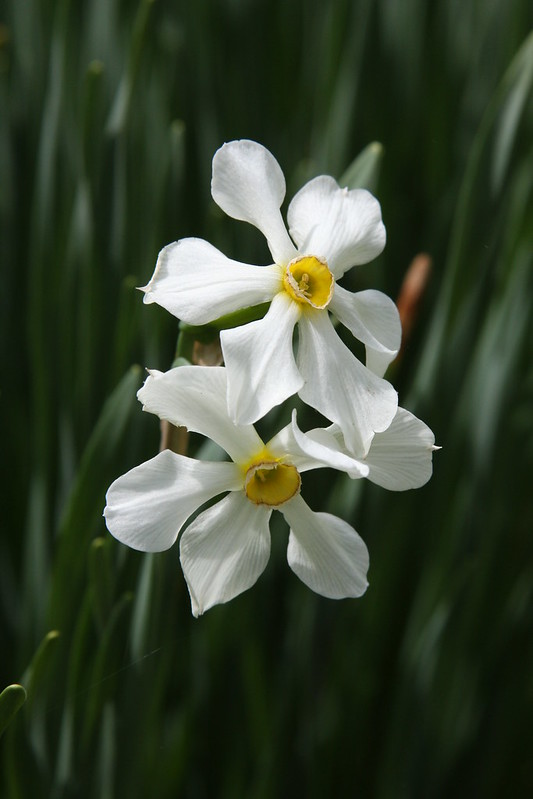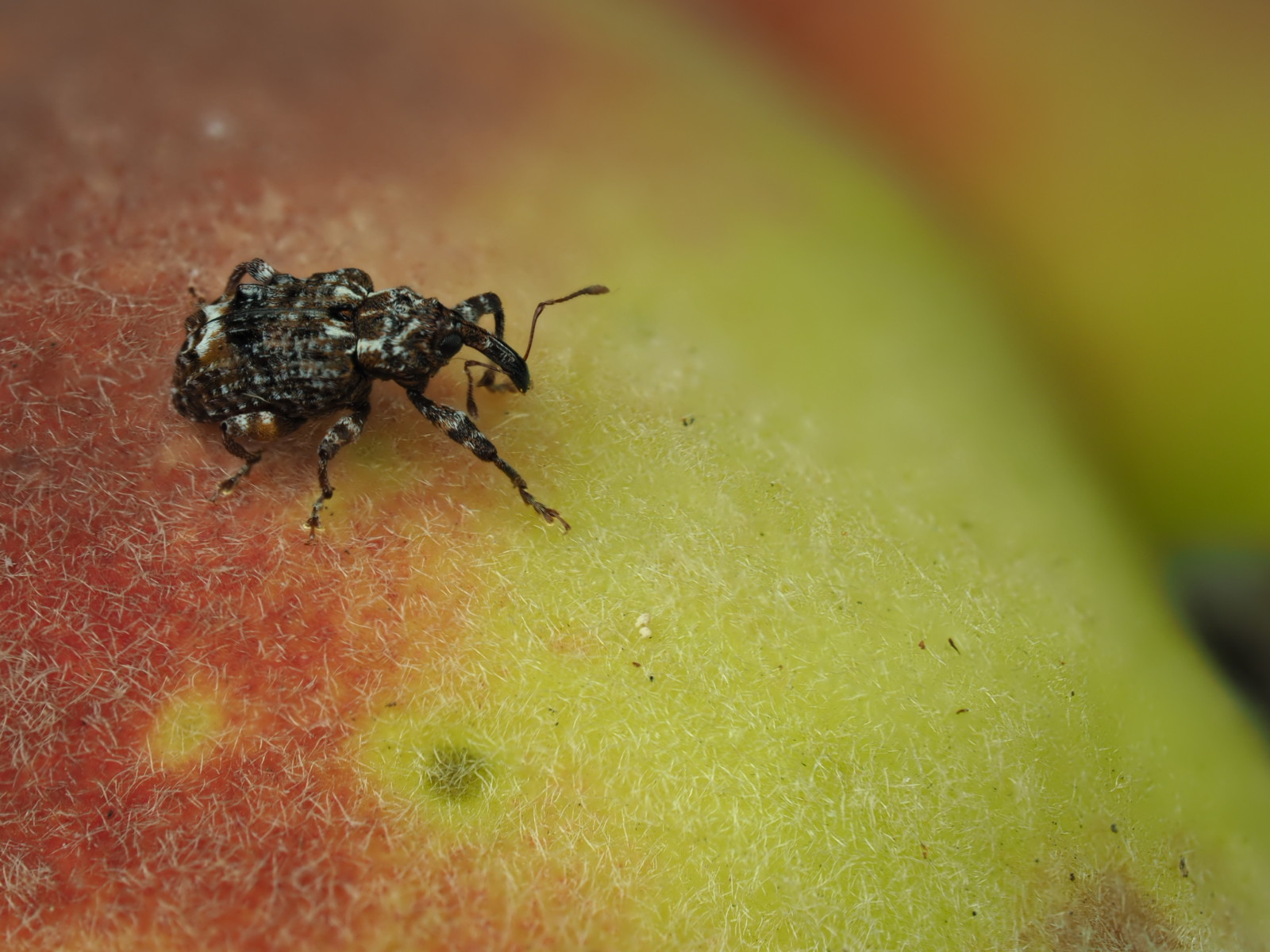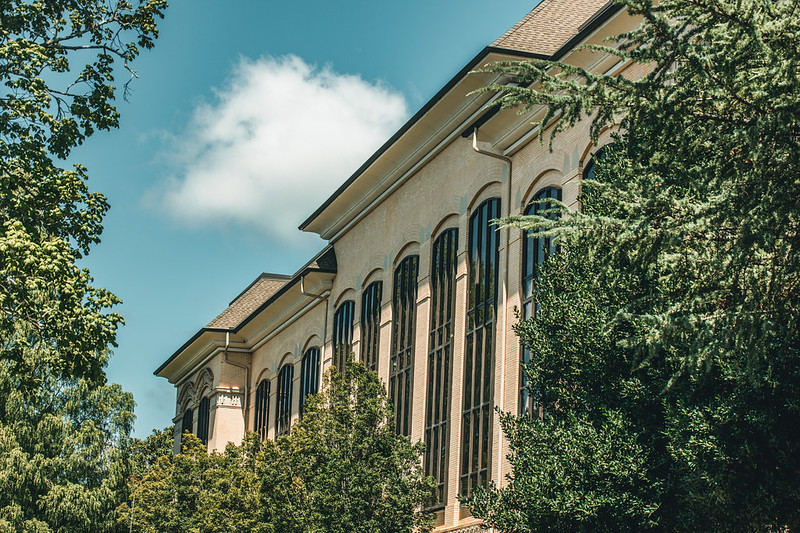 CAES News
CAES News
CAES Economic Impact
A recent university-wide report authored by University of Georgia College of Agricultural and Environmental Sciences (CAES) economist Michael Adjemian has revealed that in 2021, CAES’ economic impact on the state of Georgia was the highest since UGA began publishing the annual report in 2015.

